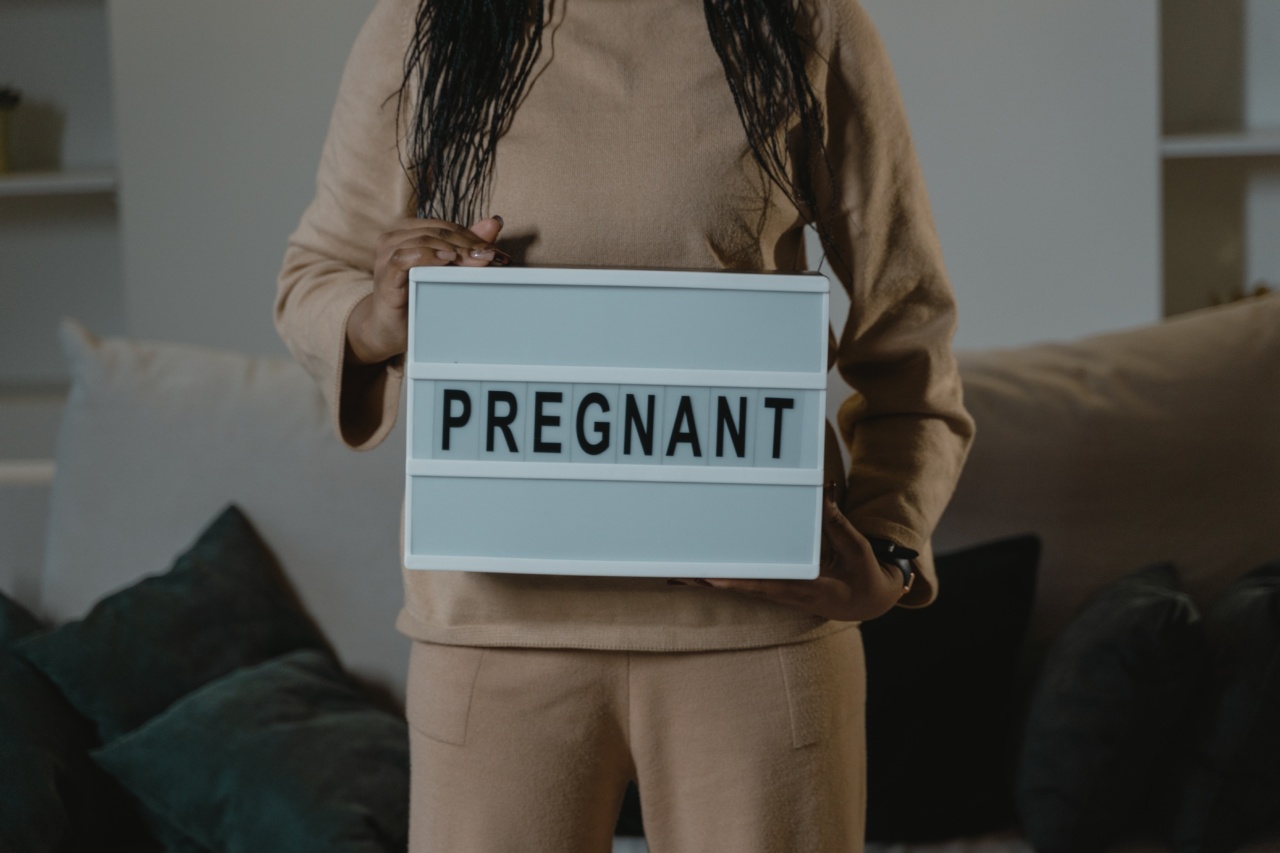Pregnancy is an incredibly special and transformative time in a woman’s life. Whether you’re actively trying to conceive or suspect you might be pregnant, recognizing the signs of pregnancy is crucial.
While a missed period is often the first clue, there are several other indicative signs that you should be aware of. This comprehensive guide will walk you through some of the most common signs of pregnancy.
1. Missed Period
A missed period is often the most reliable sign of pregnancy. If your period is regularly on time and suddenly, without any changes in diet or lifestyle, you miss a period, it might be a good idea to take a pregnancy test.
However, keep in mind that stress or hormonal imbalances can also cause a missed period, so it’s always better to consult with a healthcare professional.
2. Morning Sickness
One of the most well-known signs of pregnancy is morning sickness. Despite its misleading name, morning sickness can occur at any time of the day. It typically involves nausea, sometimes accompanied by vomiting.
Morning sickness can start as early as two weeks after conception and usually eases up after the first trimester.
3. Tender and Swollen Breasts
Pregnancy hormones can cause changes in breast tissue, leading to tenderness and swelling. This usually occurs around two to three weeks after conception. Your breasts may also feel heavier or fuller than usual.
4. Fatigue
Feeling unusually tired or fatigued is a common early sign of pregnancy. It’s believed to be caused by the hormonal changes occurring in your body.
During pregnancy, your body is working hard to support the growth and development of a new life, which can leave you feeling exhausted.
5. Frequent Urination
If you find yourself making more trips to the bathroom than usual, it could be a sign of pregnancy. When you become pregnant, your body increases blood flow to your kidneys, leading to increased urine production.
This increased urination can start as early as six to eight weeks after conception.
6. Food Cravings or Aversions
Changes in your taste buds and sense of smell can lead to intense food cravings or aversions during pregnancy. While cravings vary from person to person, some common examples include craving pickles, ice cream, or even unusual food combinations.
Conversely, you may also develop aversions to foods that you previously enjoyed eating.
7. Mood Swings
Pregnancy hormones can wreak havoc on your emotional state, leading to mood swings. You may find yourself feeling elated one moment and tearful the next. Mood swings are a common side effect of pregnancy and can occur throughout the entire duration.
8. Elevated Basal Body Temperature
Tracking your basal body temperature (BBT) can help identify the ovulation period. After ovulation, a pregnant woman’s BBT remains elevated due to hormonal changes.
If you notice a sustained increase in your BBT for more than two weeks, it could indicate pregnancy.
9. Changes in the Cervical Mucus
Pregnancy hormones also affect the cervical mucus, causing it to become thicker and stickier. This change is known as the “cervical mucus plug” and acts as a protection barrier to prevent infection from reaching the uterus.
10. Light Spotting or Implantation Bleeding
Implantation bleeding is a light spotting that occurs when the fertilized egg attaches to the uterus lining. It typically happens around six to twelve days after conception and is lighter and shorter in duration than a regular period.
Some women may mistake it for an early period, but if you experience implantation bleeding along with other signs, it’s worth considering a pregnancy test.
Conclusion
Recognizing the signs of pregnancy is essential for understanding your body and seeking appropriate medical care.
While each sign on its own may not definitively indicate pregnancy, a combination of these signs should prompt you to take a pregnancy test or consult with a healthcare professional. Remember, every woman’s pregnancy journey is unique, so it’s important to listen to your body and trust your instincts.



























